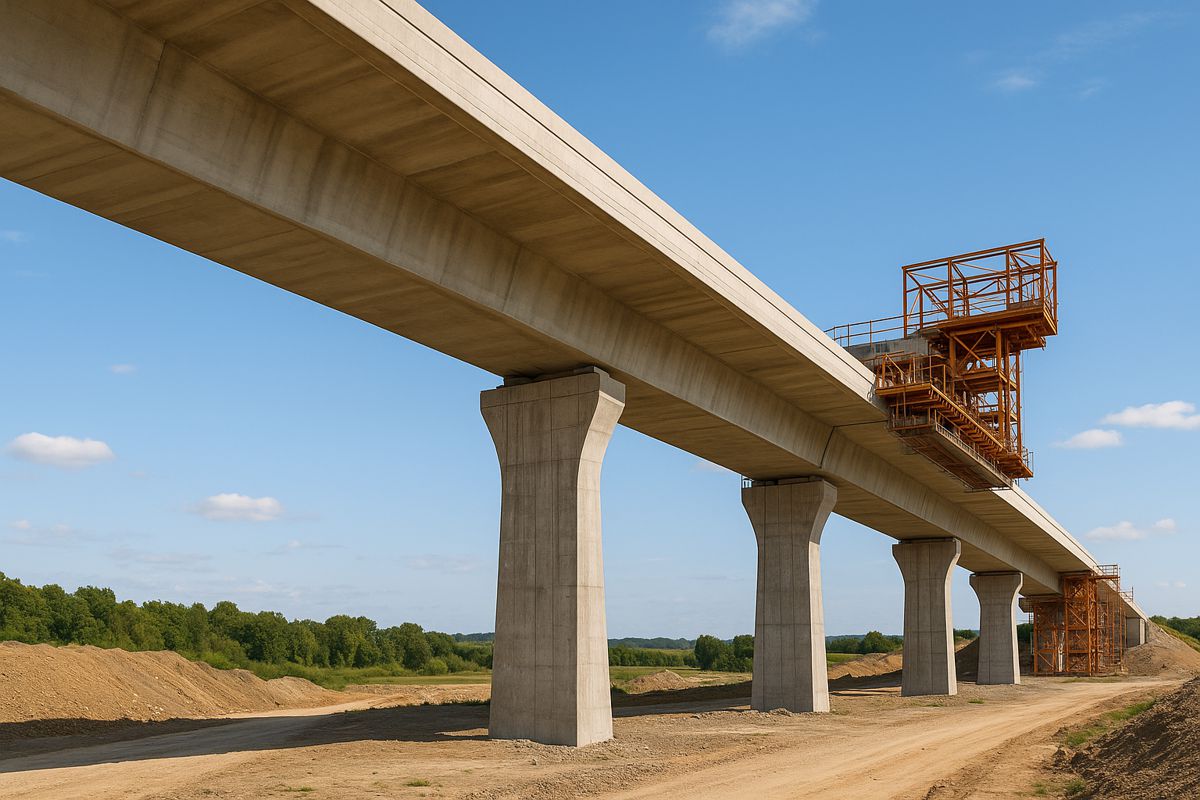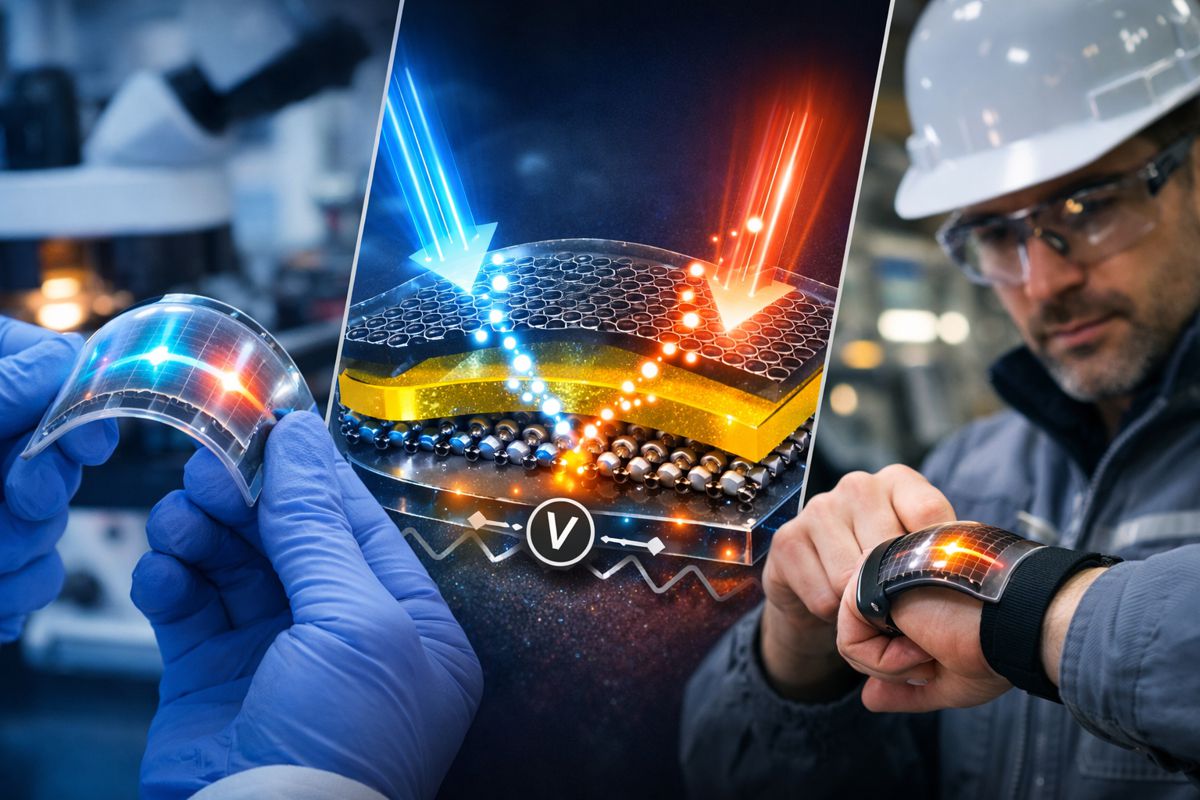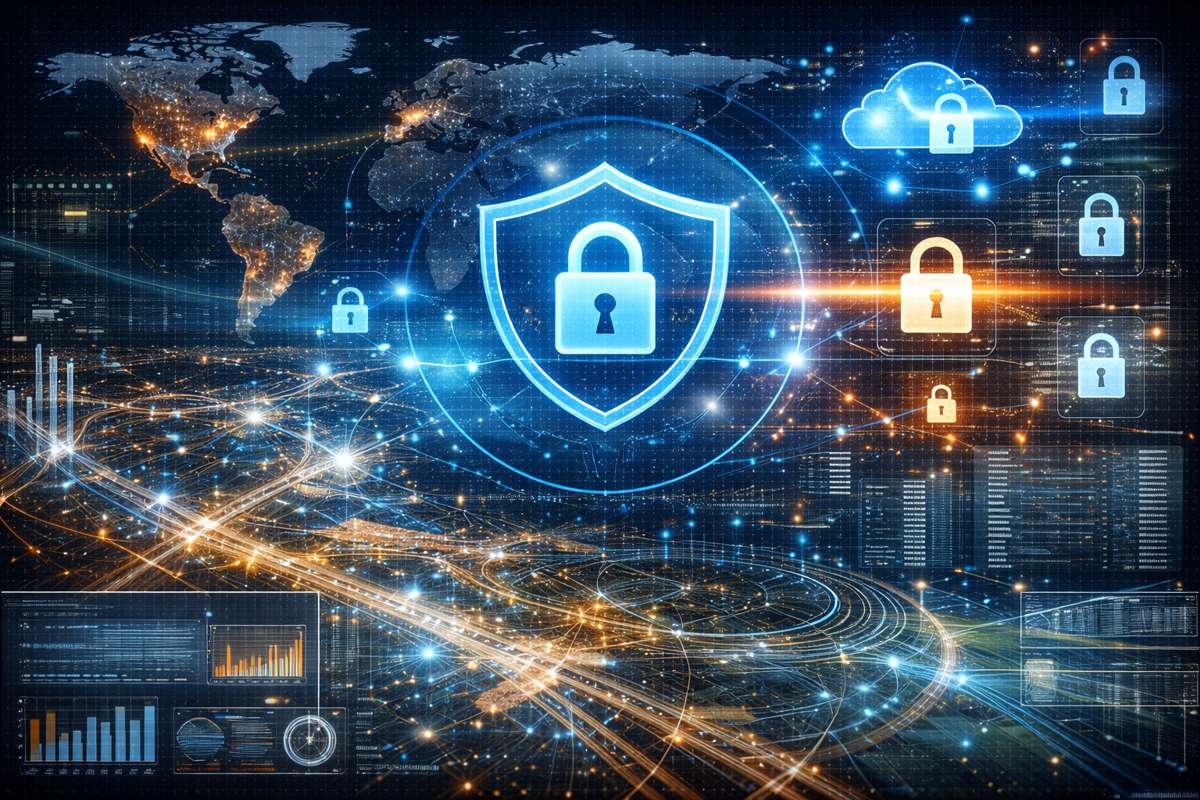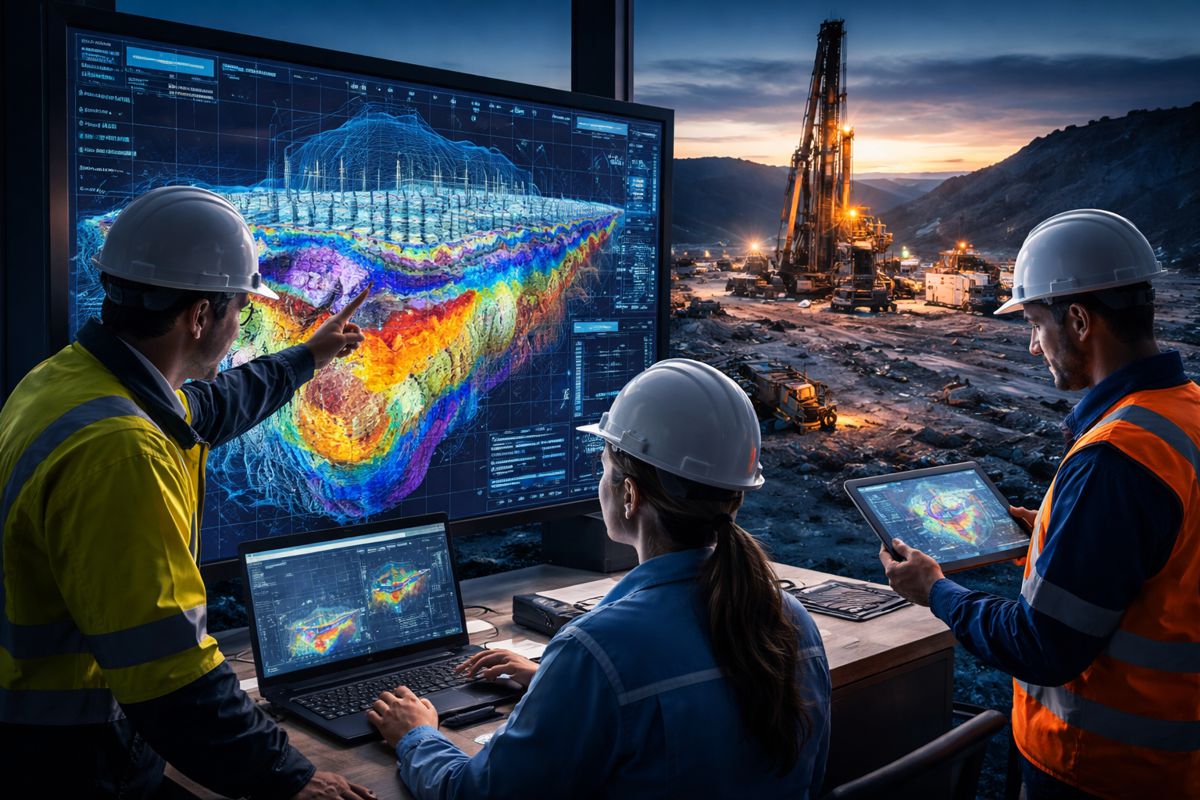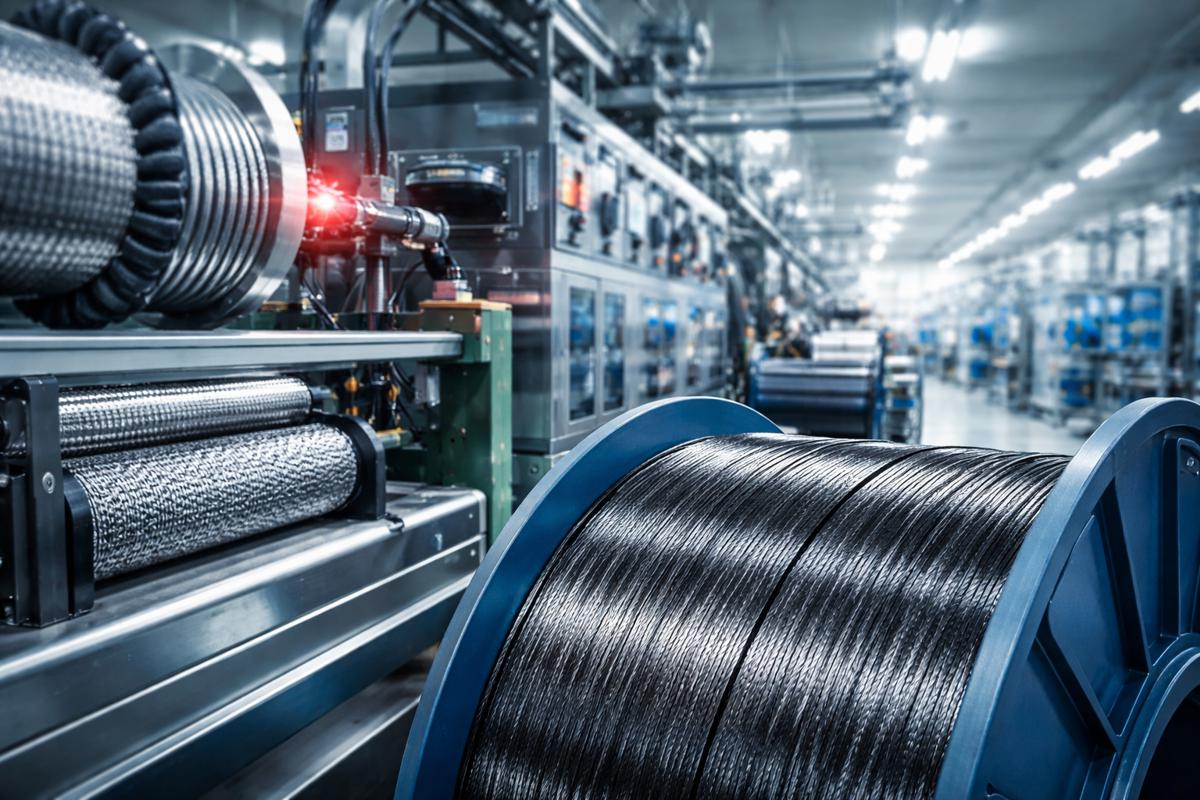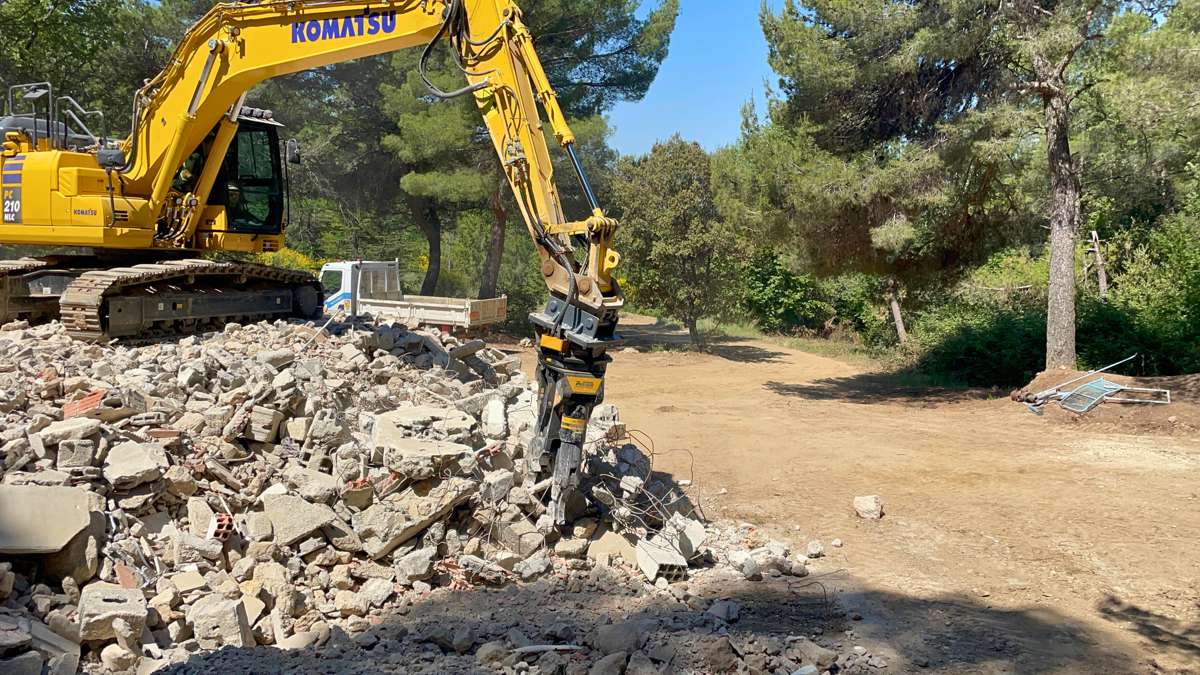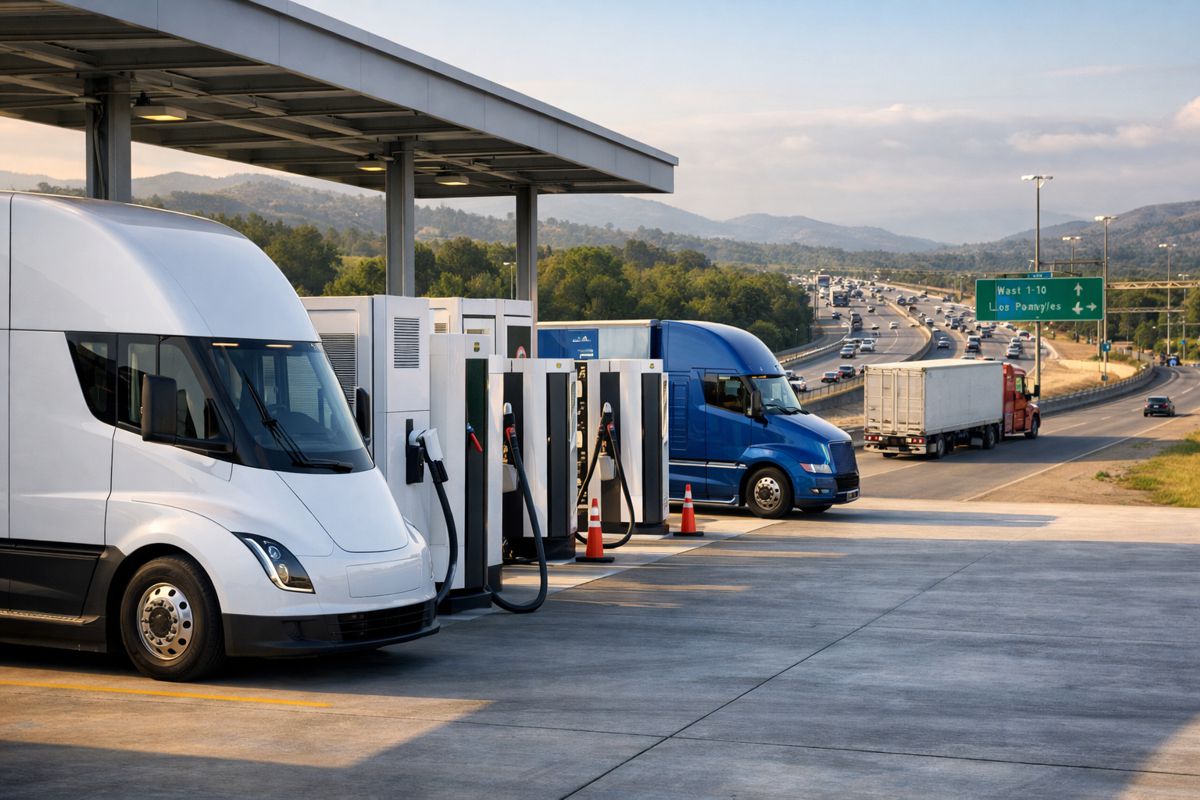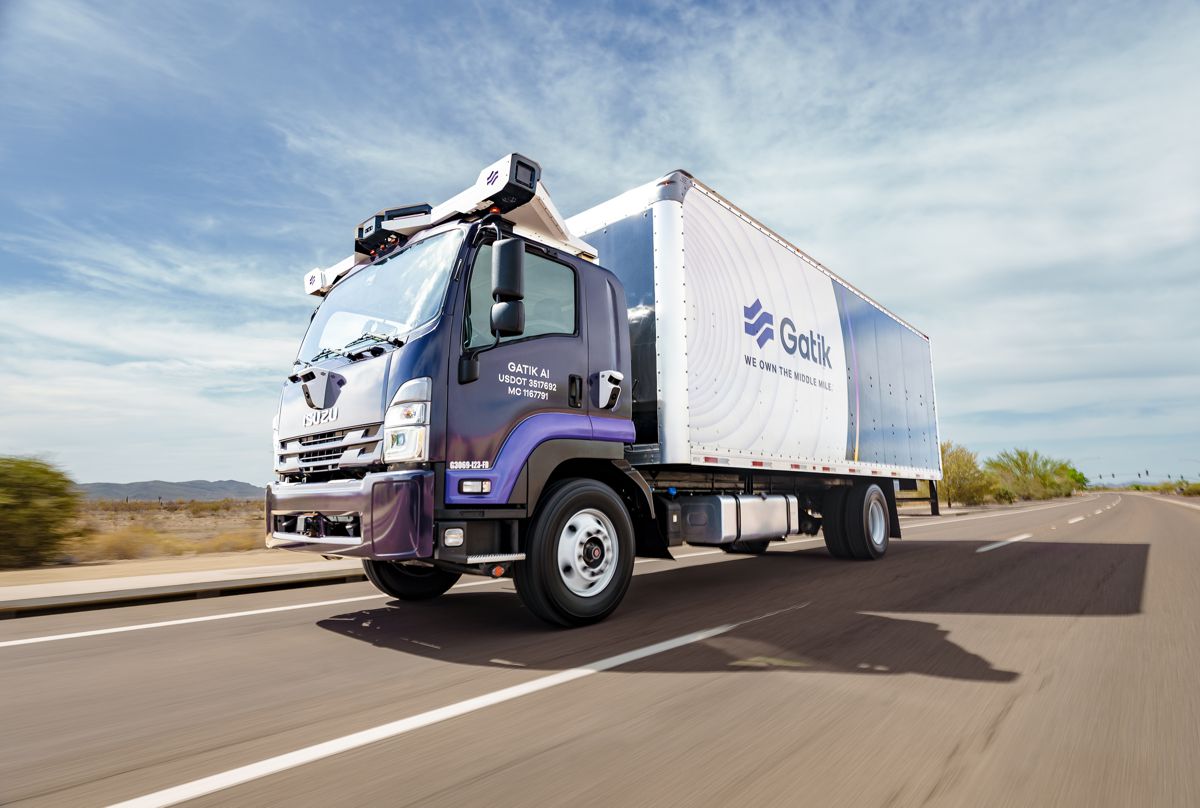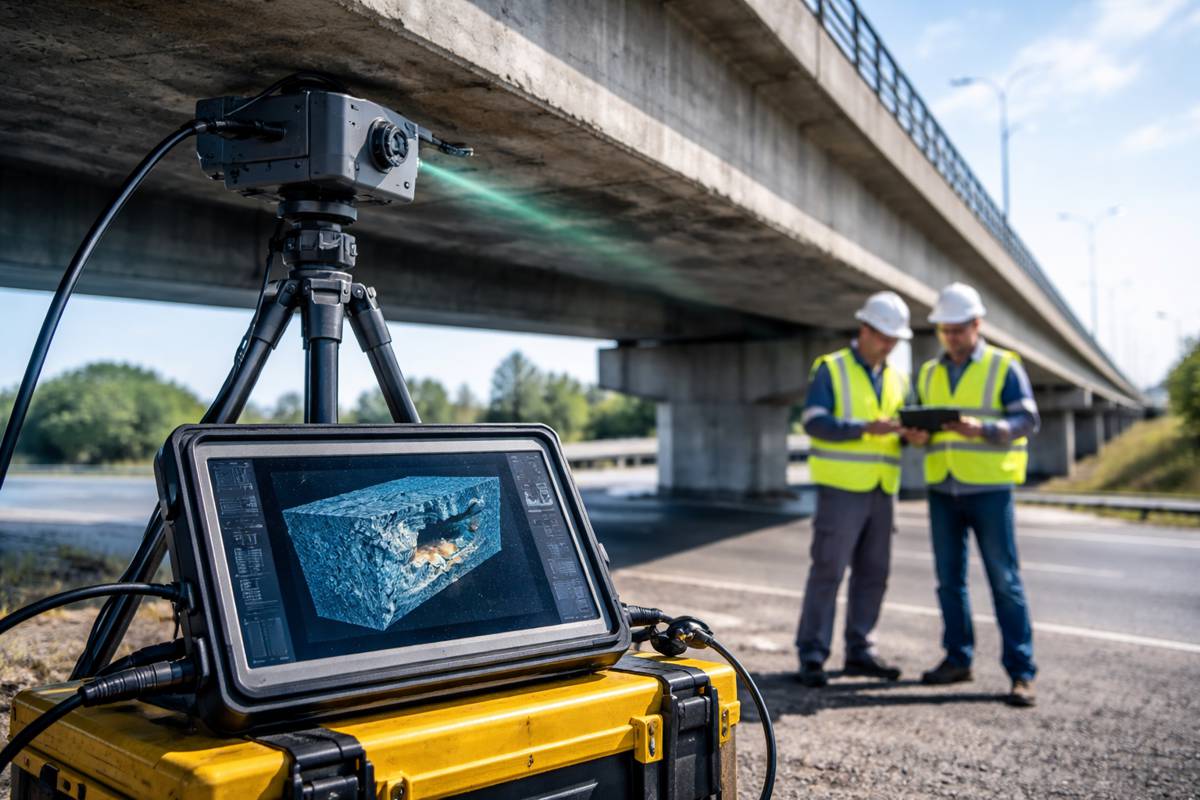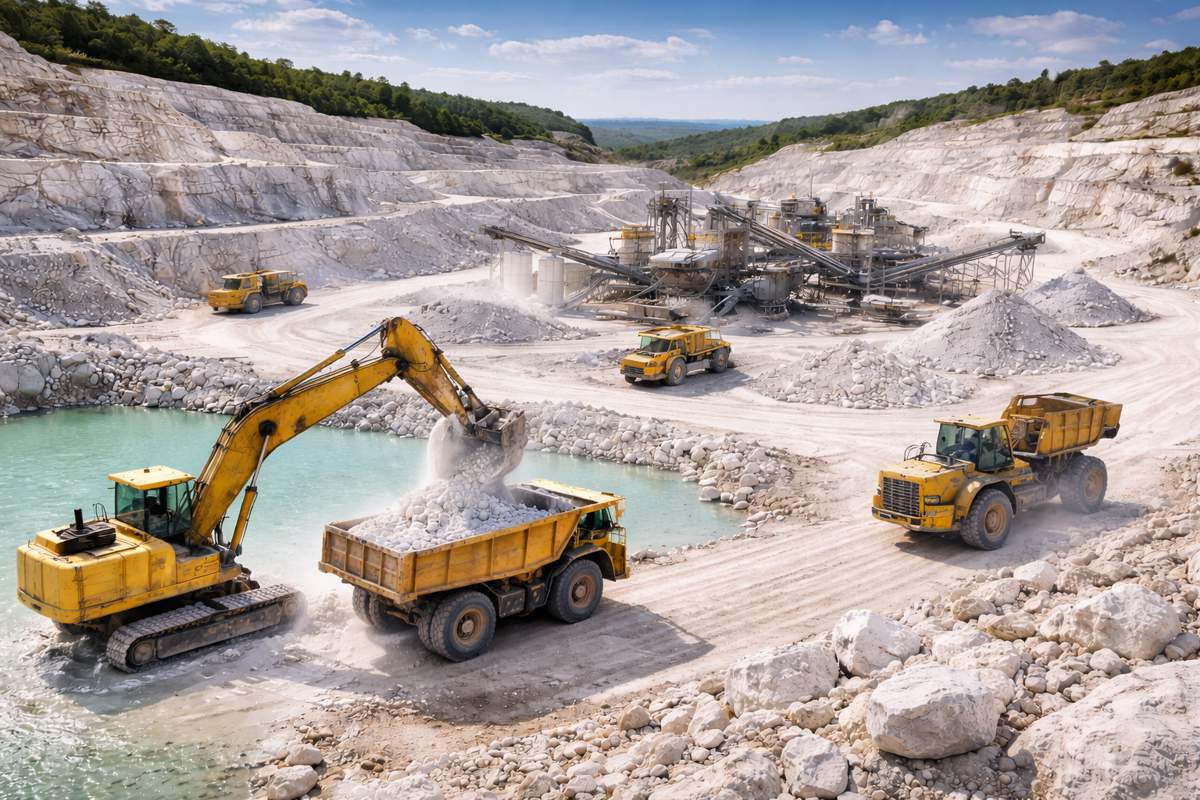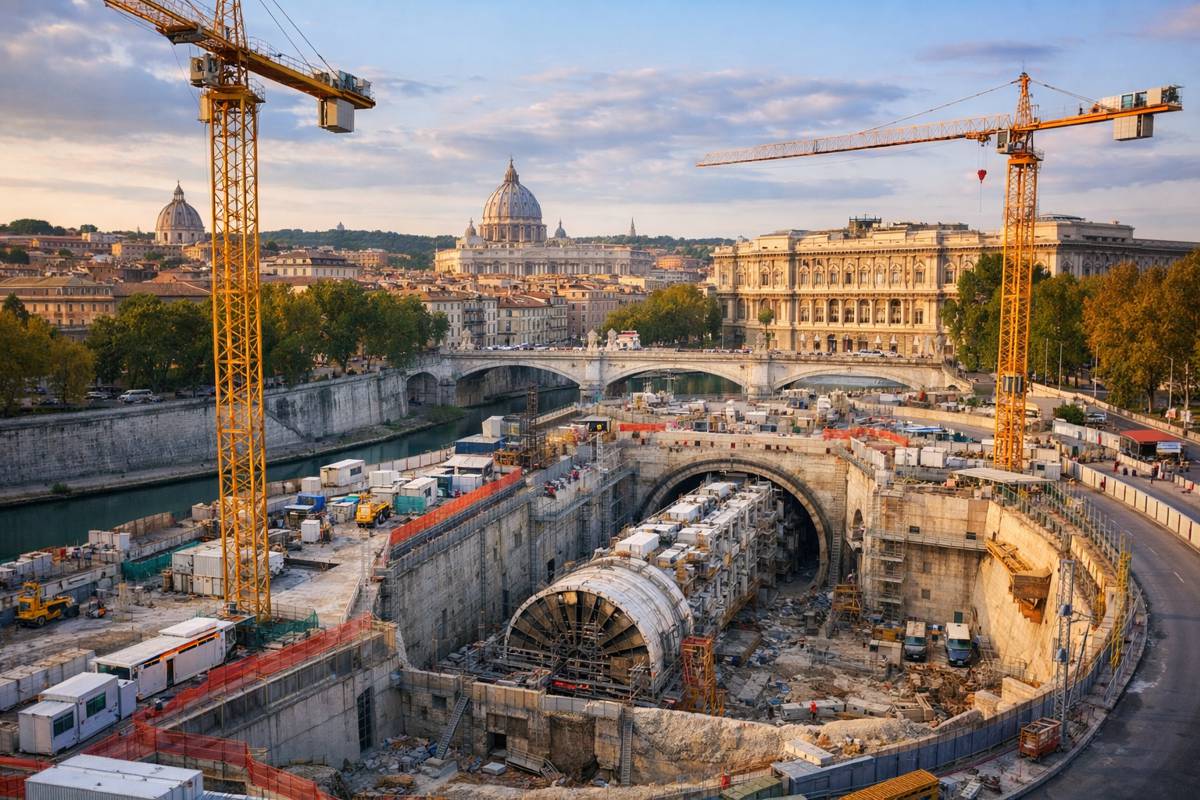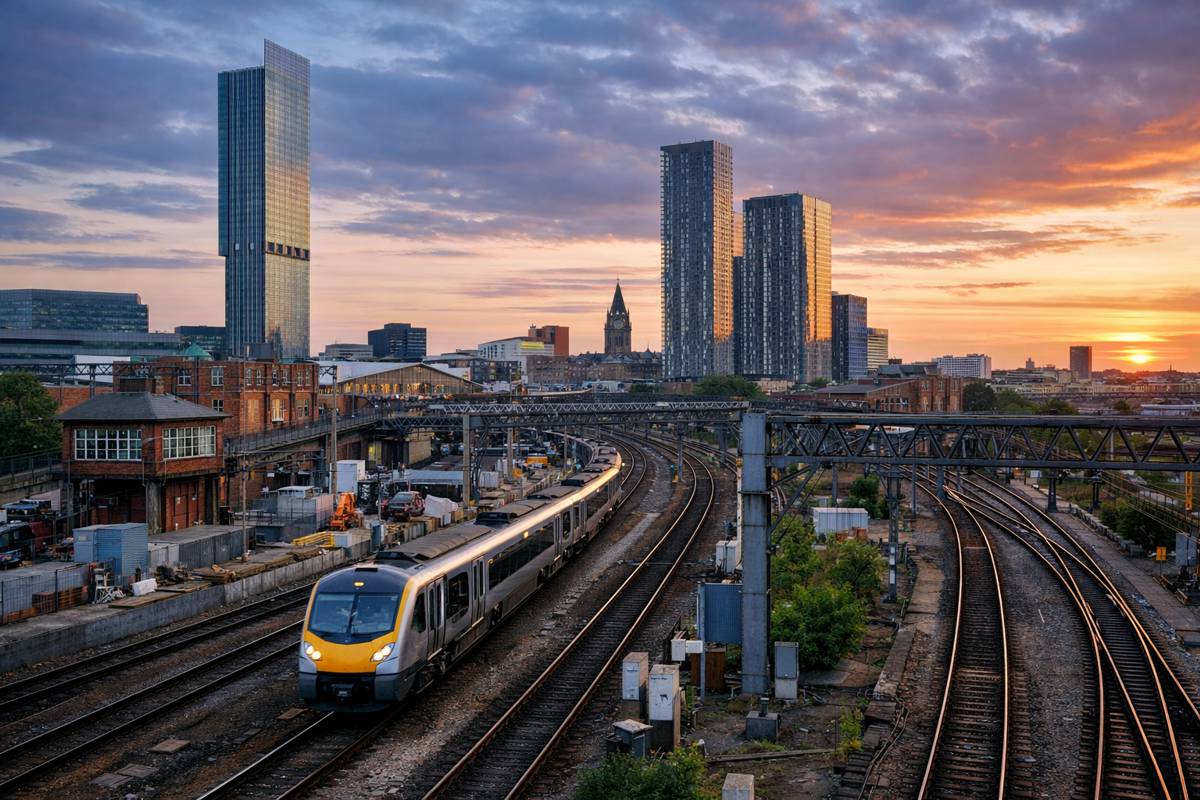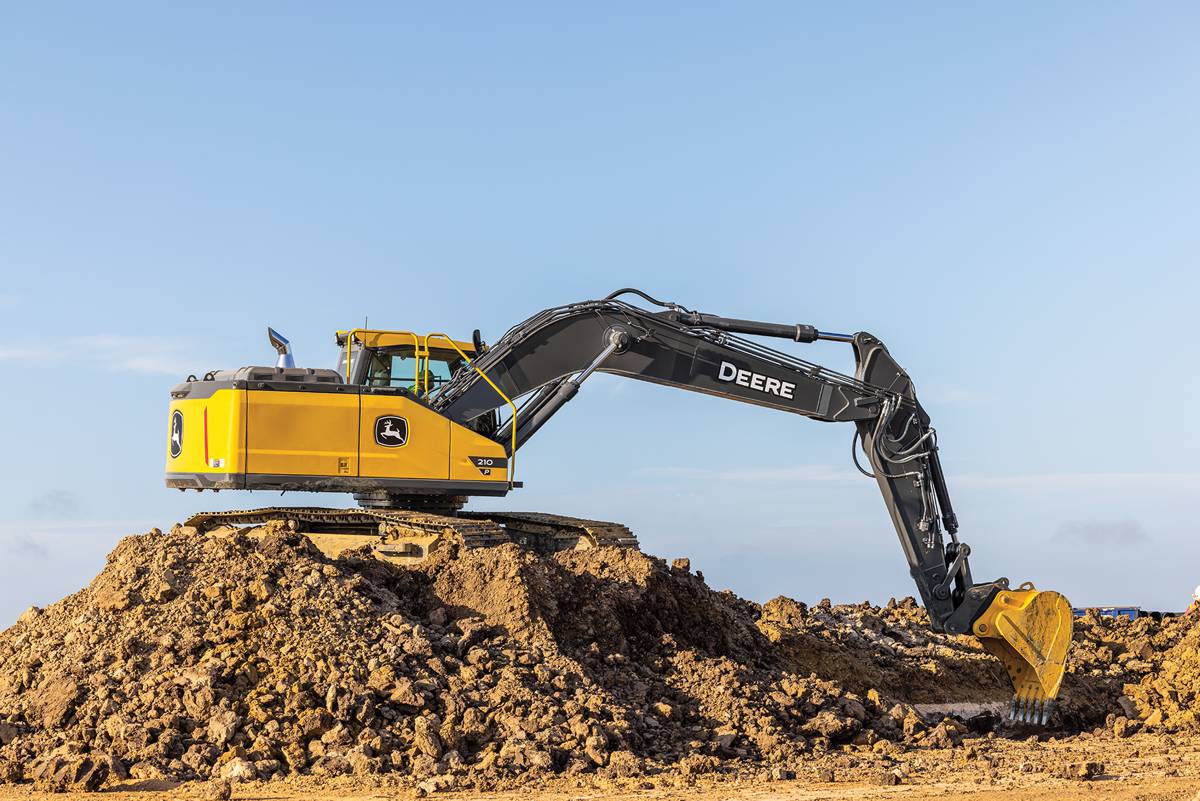DMAT Secures $4.5m to Revolutionise Sustainable Self-healing Concrete
DMAT, a deep-tech innovator spun out of the Massachusetts Institute of Technology (MIT), has successfully raised $4.5 million to fast-track the commercialisation of its groundbreaking self-healing concrete technology.
The investment round, led by Italy’s Primo Capital SGR S.p.A. through its Primo Climate fund, also drew support from Safar Partners, PeopleFund, Deep Future, Corbites, and several international investors.
This funding marks a major milestone for DMAT as it scales up operations to bring its patented, sustainability-driven concrete solutions to global markets. Already certified in Europe and implemented in major highway and precast infrastructure projects, DMAT’s technology is setting a new standard for resilience and environmental performance.
Rethinking one of the world’s toughest industries
Concrete is the backbone of civilisation, forming the foundation of roads, bridges, buildings, and tunnels worldwide. Yet, the material comes with a hefty environmental price tag. The global concrete industry is valued at more than $1 trillion annually, accounting for about 1% of the world’s GDP. However, it’s also responsible for roughly 8% of global CO₂ emissions.
Cement, the main binding ingredient in concrete, contributes up to 90% of these emissions. With over 33 billion tonnes of concrete produced each year, the challenge of reducing its carbon footprint is monumental. DMAT’s innovation addresses both the environmental and economic aspects of this issue head-on.
Breakthrough in self-healing technology
DMAT’s proprietary material composition allows concrete and mortar to self-heal cracks and resist carbonation, two of the most common causes of degradation in reinforced structures. By incorporating a self-healing mechanism, the company’s materials can effectively double the lifespan of infrastructure while reducing the need for costly repairs.
This isn’t just a scientific novelty; it’s a game-changer. Longer service life translates to fewer rebuilds, lower lifecycle costs, and a significant reduction in embodied carbon emissions. According to DMAT, their technology can lower CO₂ emissions by up to 60% compared to conventional concrete, making it one of the most effective sustainability breakthroughs in construction materials today.
Global investors driving decarbonisation in construction
The $4.5 million funding round reflects a growing investor appetite for deep-tech solutions that can genuinely move the needle on climate change. Primo Capital’s Primo Climate fund led the charge, bringing its expertise in backing strategic technologies that accelerate the transition to low-carbon economies.
Safar Partners, a U.S.-based venture capital firm known for investing in cleantech, advanced materials, and robotics, also joined the round. Arunas Chesonis, Managing Partner and Investment Committee Member at Safar Partners, shared his optimism: “DMAT’s approach – combining sustainability with superior economic performance – will be critical to driving the global transformation of hard industries.”
Deep Future, founded by renowned futurist and inventor Pablos Holman, and PeopleFund, an international private holding investing in high-impact startups, added weight to the round. European venture capital group Corbites, focused on climate innovation, further reinforced the transatlantic backing for DMAT’s mission.
A vision built on scientific excellence
The company’s roots in MIT’s Department of Civil and Environmental Engineering give it an unparalleled scientific foundation. Co-founded in Boston by MIT Associate Professor Admir Masic and CEO Paolo Sabatini, DMAT’s research-driven approach is what sets it apart from competitors.
Sabatini expressed his enthusiasm for the company’s next phase: “Following an intensive R&D journey, DMAT is proud to be present in the Italian and Swiss markets with a breakthrough technology that delivers an unmatched mix of durability, sustainability, and performance. The trust of world-class investors will enable us to build strategic partnerships across the industry and to activate our production in the United States.”
Tackling a trillion-dollar problem
Every year, corrosion and cracking in reinforced concrete structures cost the global economy more than $100 billion in maintenance and repairs. These issues often stem from chemical reactions like carbonation and chloride attack, which weaken structural integrity over time.
DMAT’s self-healing formula directly addresses these problems by mimicking natural mineralisation processes found in ancient Roman concrete. This biomimetic approach enables micro-cracks to seal autonomously, preserving strength and preventing moisture intrusion that leads to corrosion. The result: infrastructure that lasts longer, performs better, and requires fewer resources to maintain.
Scaling for global impact
With the fresh injection of capital, DMAT plans to expand its footprint beyond Europe and establish operations in the United States. The company aims to partner with key players in construction materials, infrastructure development, and sustainability-focused investment to bring its solutions into mainstream use.
The demand couldn’t be timelier. Urbanisation is driving a surge in construction, with more than 4.3 million new buildings erected every year worldwide. As cities expand and infrastructure ages, the pressure to find low-carbon, high-performance materials is mounting. DMAT’s technology stands poised to meet this demand with a product that offers both environmental and financial returns.
Paving the way for sustainable infrastructure
The implications of DMAT’s self-healing concrete extend beyond cost savings. As global leaders push for net-zero targets, sustainable materials like these will become essential components of infrastructure policy and design.
Initiatives such as the European Green Deal, the U.S. Infrastructure Investment and Jobs Act, and the United Nations’ Sustainable Development Goals all point toward a new era of environmentally responsible construction. By providing a practical, scalable solution, DMAT’s innovation fits seamlessly into this global transformation.
Building partnerships for the future
Beyond its technological edge, DMAT is focusing on strategic collaborations with governments, engineering firms, and infrastructure operators to implement its technology on a wider scale. These partnerships will be key to ensuring that sustainability goals are met without compromising performance or safety.
As investors continue to look for credible climate technologies with measurable impact, DMAT’s progress signals a promising intersection between profitability and planetary stewardship. Its success could redefine how infrastructure is built, maintained, and valued across generations.
A durable path forward
The construction industry is standing at a crossroads: continue with business as usual or embrace the technologies that promise to rebuild the world responsibly. DMAT’s self-healing sustainable concrete offers a tangible way forward, one that reduces emissions, enhances durability, and reshapes how we think about infrastructure.
If the company’s plans unfold as intended, future cities may quite literally be built on smarter, stronger, and greener foundations.
